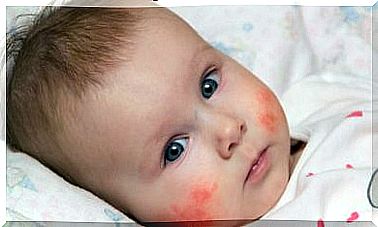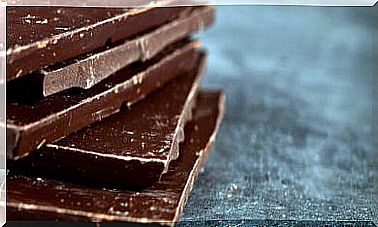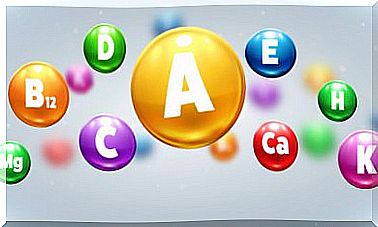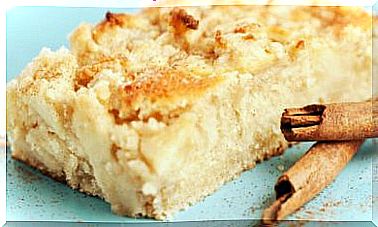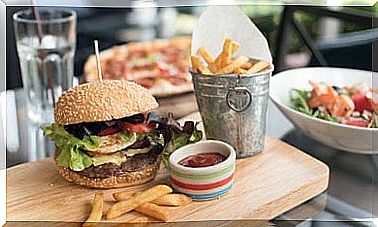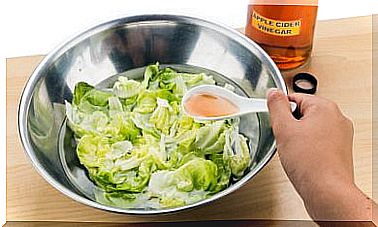Do You Remove Acne Marks With Natural Lemon Juice?
Acne that appears during adolescence or early youth may have left the occasional scar on the face. They are those acne marks that we try to hide with a little more makeup.
Many natural remedies and methods are often used in the hope of eliminating or reducing these marks. One of the most popular is the application of natural lemon juice. But is this home treatment safe? Could it cause an allergic skin reaction?
If you have heard of this remedy that promises miracles, we recommend that you read this article carefully before applying it to your skin.
Can Lemon Juice Eliminate Acne Marks?
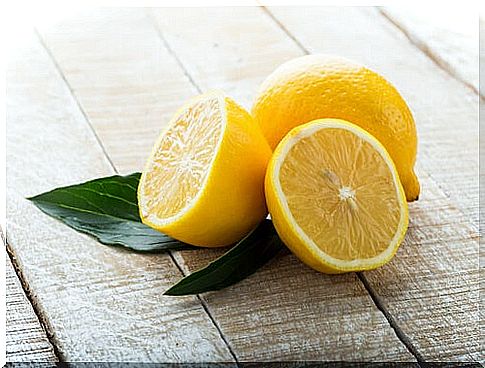
Having pimples is not the same as suffering from annoying acne marks. The former can be treated with antibacterials and lotions made for this purpose, but in the case of those small scars, the needs are different.
Lemon juice is hailed as an all-natural, simple, and inexpensive treatment for acne and acne scars. However, before you start using lemon on your skin, you need to take a look at what the science says.
Lemon juice has traditionally been used as an acne treatment in natural medicine. Today, its benefits for removing acne scars are still praised. However, there is no evidence to support the idea that it removes pimples or scars.
Acne scars are difficult to treat. To see a noticeable improvement, it will be necessary to undergo professional treatments performed by a dermatologist or plastic surgeon.
On the other hand, lemon juice is a popular remedy for the disappearance of post-inflammatory hyperpigmentation (HPI), those dark marks that remain after the pimples heal. Although there is no evidence that lemon juice itself, alpha-hydroxy acids have been shown to clear up HPI.
However, the alpha hydroxy acids found in lemon juice are generally much lower than those found in over-the-counter products. Therefore, lemon juice will be less effective in lightening dark spots than an alpha hydroxy acid.
Lemon benefits
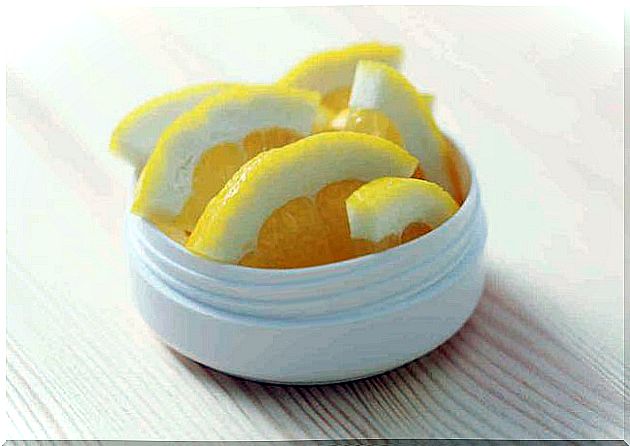
Lemon juice has properties that make it seem like a good skin treatment. It is slightly astringent, so it can help reduce oiliness. It is also antibacterial, mainly because it creates an acidic environment that bacteria do not like. However, having antibacterial qualities is not enough to clear acne.
Lemon also contains vitamin C which is considered beneficial for the skin. Vitamin C, also called ascorbic acid, is used in many skin care products, as it is an ingredient with antioxidant properties.
It could help fight free radicals, brighten skin, and curb wrinkles. It is also an important vitamin that helps create collagen, which is the protein for building strong, healthy skin.
However, topical application of lemon juice is not the best way to supply vitamin C to the skin. Ascorbic acid in skin care products comes along with other ingredients, so it won’t be as irritating to the skin as plain lemon juice can be.
Lemons also contain citric acid. Citric acid is not vitamin C. It actually belongs to a group called alpha hydroxy acids (AHAs). Like vitamin C, alpha hydroxy acids are common skin care ingredients. But again, the alpha hydroxy acids in the products are balanced to offer skin a safe treatment.
Negative effects of lemon on the skin
Lemon juice can cause irritation when applied topically. Also, due to its low pH, it can cause contact dermatitis, an itchy rash that develops when the skin is exposed to an irritant. Just because a substance is natural does not guarantee that it is safe for the skin.
Lemon juice and other citrus fruits can make the skin more sensitive to the sun. Citrus fruits can also trigger a type of rash called phytophotodermatitis, which means “skin irritation caused by plants and light.” The plant, in this case, could be the lemon.
Therefore, you must be very careful not to expose yourself to the sun if you decide to use lemon juice on your skin. Regardless, we always recommend consulting with a dermatologist before applying natural remedies to your skin to try to remove acne marks.
